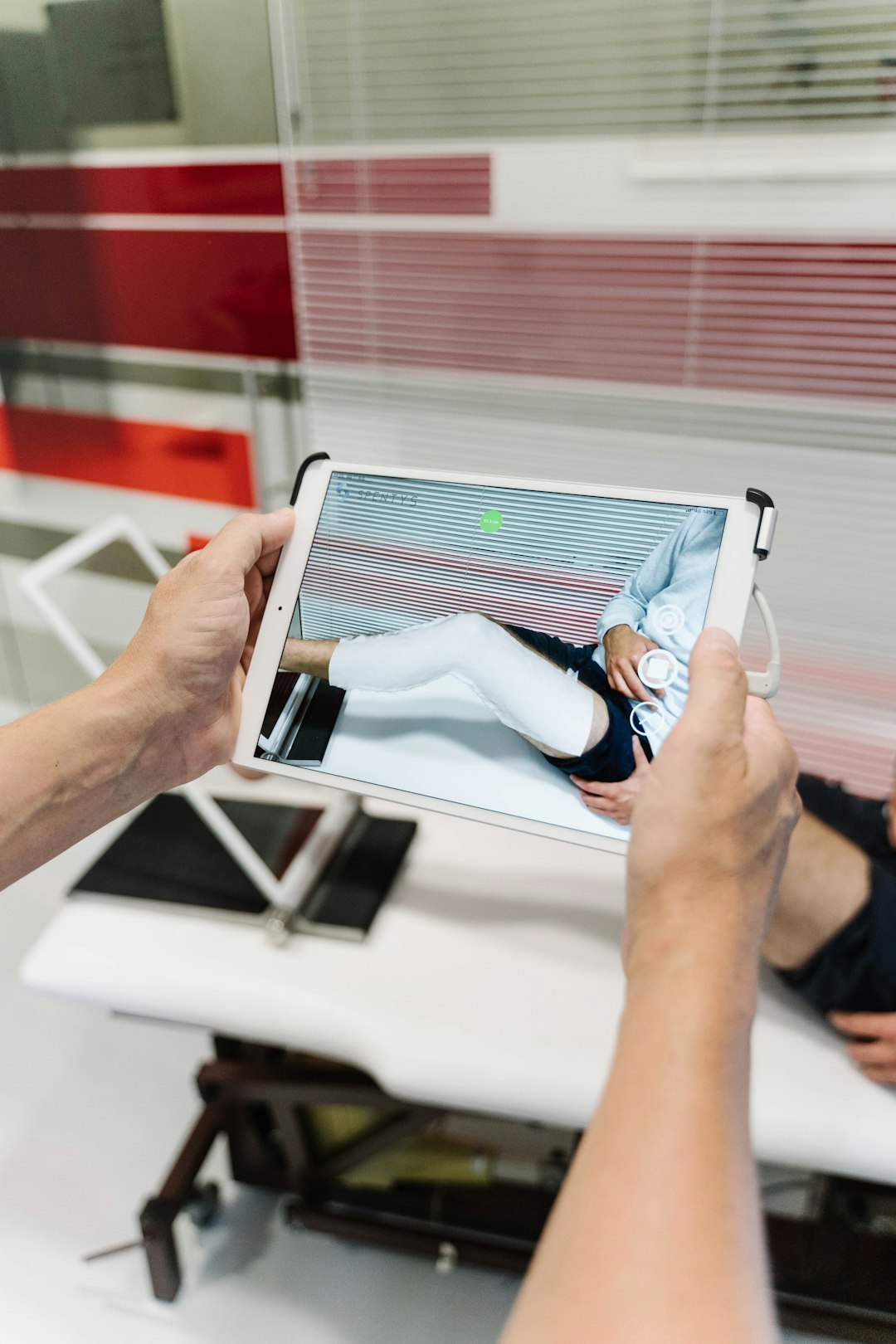
Revolutionizing Veterans' Healthcare: The Impact of Technology
Share
Technological advancements have had a profound impact on various aspects of our lives, and one area where its influence is increasingly evident is in the healthcare sector, particularly concerning our military veterans. As we delve into how these innovations are shaping the landscape of veterans' healthcare, it becomes apparent that the intersection of technology and medicine is paving the way for more efficient, personalized, and accessible care for those who have served in the military.
The Importance of Technology in Veterans' Healthcare
Veterans, including those from prestigious units like the 10th Mountain Division of the US Army, often face unique healthcare challenges as a result of their service. Long-term injuries, mental health issues such as PTSD, and exposure to environmental hazards are just a few examples of the conditions that many veterans grapple with. Technology plays a crucial role in addressing these challenges and providing comprehensive care that is tailored to their needs.
Telemedicine: Bridging Gaps in Access to Care
One of the most significant advancements in veterans' healthcare is the rise of telemedicine. This technology allows veterans to consult with healthcare providers remotely, eliminating the barriers of distance and transportation that may hinder access to traditional healthcare services. For veterans living in rural areas or with limited mobility, telemedicine offers a lifeline to quality care.
Electronic Health Records: Enhancing Coordination and Efficiency
The digitization of health records has revolutionized the way healthcare providers manage patient information, and veterans are benefiting from this streamlined approach. With electronic health records, providers within the Veterans Health Administration (VHA) can access a veteran's medical history instantly, leading to quicker diagnoses, more coordinated care, and reduced chances of medical errors.
Remote Monitoring and Wearable Devices: Empowering Veterans in Self-Care
Wearable health technology, such as smartwatches and fitness trackers, enables veterans to monitor their vital signs, track their physical activity, and manage chronic conditions from the comfort of their homes. These devices provide valuable data to both veterans and their healthcare providers, promoting proactive self-care and early intervention when needed.
Artificial Intelligence: Transforming Diagnostic Capabilities
Artificial intelligence (AI) is playing an increasingly prominent role in healthcare, and veterans are reaping the benefits of AI-driven diagnostic tools. AI algorithms can analyze medical images, detect patterns in health data, and assist healthcare providers in making accurate diagnoses more efficiently. This technology is especially crucial in expediting the identification and treatment of conditions prevalent among veterans.
The Future of Veterans' Healthcare: Integrating Technology for Holistic Care
As technology continues to evolve, so too will its impact on veterans' healthcare. The integration of virtual reality for pain management, robotics for rehabilitation, and personalized medicine based on genetic profiles are just a few examples of the exciting innovations on the horizon. These advancements hold the promise of providing veterans with comprehensive, holistic care that addresses their unique healthcare needs.
Ensuring Equitable Access to Technological Advancements
While technology has the potential to revolutionize veterans' healthcare, it is essential to ensure that all veterans, including those from units like the 10th Mountain Division, have equitable access to these advancements. Addressing issues of digital divide, ensuring data security and privacy, and providing education on how to utilize technology effectively are essential steps in promoting inclusivity in veterans' healthcare.
Empowering Veterans Through Education and Training
Equipping veterans with the knowledge and skills to leverage technology in managing their health is crucial for ensuring positive health outcomes. Educational programs that teach veterans how to use telemedicine platforms, interpret data from wearable devices, and engage with AI-powered healthcare tools can empower them to take an active role in their well-being.
Collaboration Between Technology Companies and Veterans' Healthcare Providers
Building partnerships between technology companies and veterans' healthcare providers is key to driving innovation in veterans' healthcare. By working together, these stakeholders can develop solutions that are tailored to the unique needs of veterans, enhance the interoperability of healthcare technologies, and improve the overall quality of care provided to those who have served in the military.
Embracing the Pando Commando Spirit in Veterans' Healthcare
Just as the 10th Mountain Division embodies resilience, adaptability, and teamwork, so too should veterans' healthcare embrace the spirit of the Pando Commando. By harnessing the power of technology, fostering collaboration, and prioritizing the well-being of our military veterans, we can ensure that those who have sacrificed for our country receive the high-quality care they deserve.
The Future is Bright: A New Era of Veterans' Healthcare
As we look ahead to the future of veterans' healthcare, one thing is clear – technology will continue to be a driving force in transforming the way we care for our military veterans. By leveraging the latest advancements in telemedicine, electronic health records, wearable devices, artificial intelligence, and beyond, we can create a healthcare system that is not only more efficient and effective but also more compassionate and personalized. Together, let us embrace the possibilities that technology offers and work towards a brighter, healthier future for our veterans.
Step into the world of another store owner by visiting their captivating Shopify store. Click here to begin your journey. Kindly note that this is a promotional link, and we do not take responsibility for the content of the linked store.


